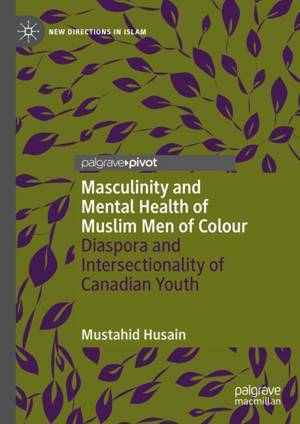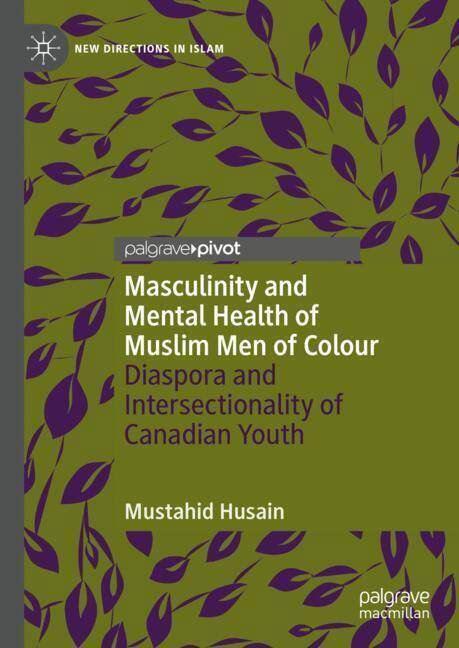
- Retrait gratuit dans votre magasin Club
- 7.000.000 titres dans notre catalogue
- Payer en toute sécurité
- Toujours un magasin près de chez vous
- Retrait gratuit dans votre magasin Club
- 7.000.0000 titres dans notre catalogue
- Payer en toute sécurité
- Toujours un magasin près de chez vous
Masculinity and Mental Health of Muslim Men of Colour
Diaspora and Intersectionality of Canadian Youth
Mustahid HusainDescription
This book delves into the complexities of masculinity, mental health, and cultural identity among young Bangladeshi-Canadian men. Employing an anthropological, intersectional approach, it scrutinizes the interplay of neoliberal ideologies, Islamic values, and diasporic experiences in shaping their masculine trajectories. The study unravels the intergenerational trauma, parental pressures, and societal expectations that contribute to their deteriorating mental well-being. With a unique insider perspective and rich empirical data, this book fills a crucial gap in the literature by offering invaluable insights for scholars exploring the nuances of migration, ethnicity, gender, and psychological resilience. Strikingly, the author proposes evidence-based interventions and policy recommendations to address the mental health struggles of this underserved population, making it a must-read for academics and students in diaspora studies, migration studies, sociology of race and ethnicity, gender studies, anthropology, political science and development studies, as well as NGOs and policymakers alike.
Spécifications
Parties prenantes
- Auteur(s) :
- Editeur:
Contenu
- Nombre de pages :
- 147
- Langue:
- Anglais
- Collection :
Caractéristiques
- EAN:
- 9783031686856
- Date de parution :
- 21-09-24
- Format:
- Livre relié
- Format numérique:
- Genaaid
- Dimensions :
- 135 mm x 201 mm
- Poids :
- 340 g

Les avis
Nous publions uniquement les avis qui respectent les conditions requises. Consultez nos conditions pour les avis.






